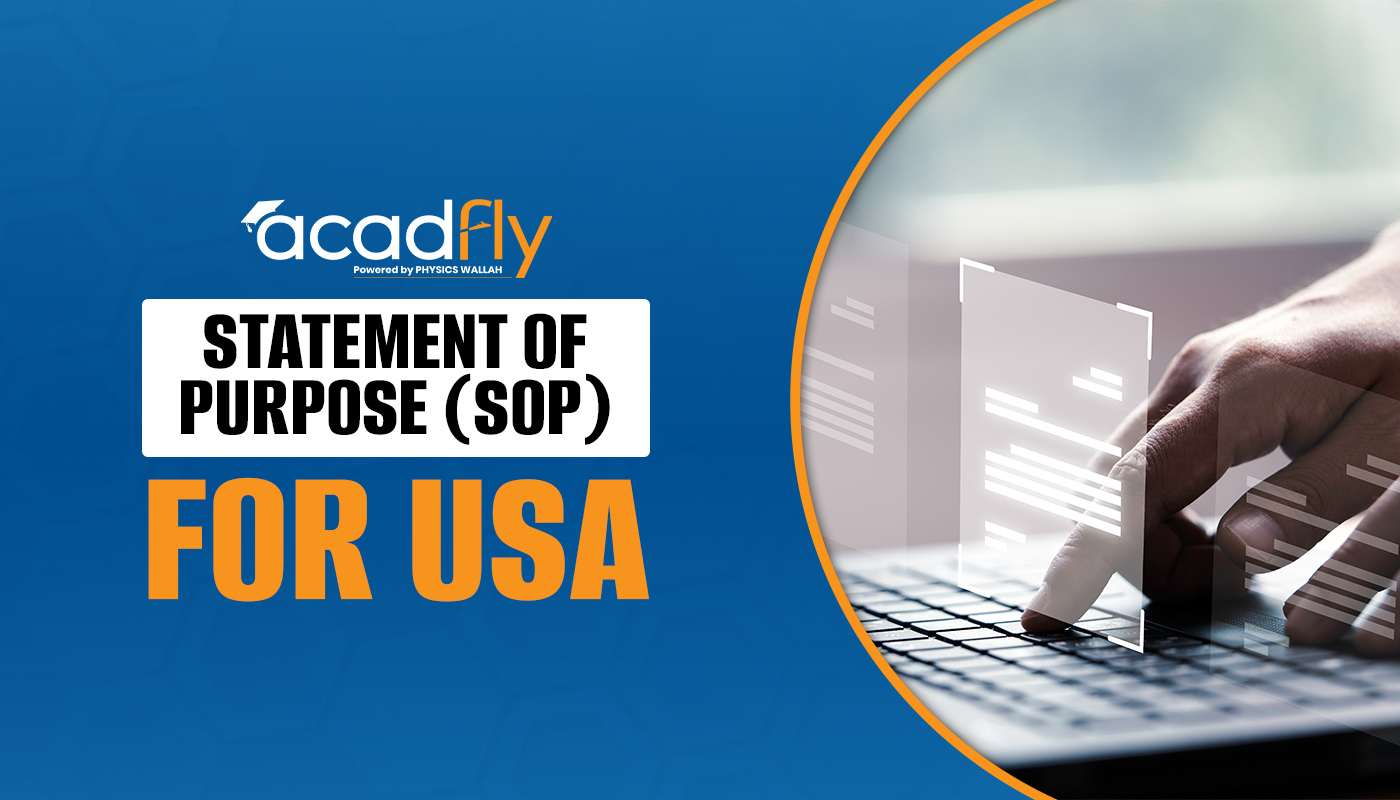

Pursuing a law degree in Australia is an exciting opportunity for aspiring legal professionals. However, understanding the law degree requirements in Australia is crucial for a successful application. These requirements encompass academic qualifications, language proficiency, and additional criteria set by individual universities. As international students seek to study law in this vibrant legal landscape, it is essential to be well-informed about the necessary steps and qualifications needed to embark on this rewarding educational journey. This guide will provide a comprehensive overview of the various law degree requirements in Australia, helping you navigate the path to achieving your legal aspirations.
Understanding LLM Eligibility in Australia
To pursue a Master of Laws (LLM) in Australia, you need to meet certain eligibility criteria. Generally, you must have completed a Bachelor of Laws (LLB) degree or an equivalent qualification from a recognized university. Some universities may also accept applicants who have relevant work experience in the legal field, even if they do not hold a law degree. This flexibility allows those with practical legal experience to further their education and specialize in specific areas of law.
In addition to academic qualifications, language proficiency is crucial for LLM programs. Most universities require proof of English language skills, which can be demonstrated through tests like IELTS or TOEFL. A minimum score is usually required, to ensure that students can understand and participate in classes effectively. This requirement helps maintain a high standard of education and communication within the program.
Different universities in Australia may have varying eligibility criteria for their LLM programs. It is important to check the specific requirements for each university you are interested in. Some may have additional prerequisites, such as specific subjects studied during your undergraduate degree or a minimum grade point average (GPA). Researching these details will help you prepare a strong application and choose the right program for your career goals.
Finally, international students should also consider visa requirements when applying for an LLM in Australia. To study in Australia, you will need a student visa, which has its own set of conditions and requirements. This may include providing evidence of enrollment in an accredited program and demonstrating sufficient funds to support yourself during your studies. Understanding these aspects of eligibility will ensure a smoother application process and a successful experience studying law in Australia.
IELTS and TOEFL Requirements for Law Studies in Australia
When applying for law studies in Australia, demonstrating English language proficiency is crucial. Most universities require a valid IELTS or TOEFL score as part of the admission process. These tests assess your ability to communicate effectively in an academic environment. Below are the key requirements regarding IELTS and TOEFL for law studies in Australia:
Minimum IELTS Score
Most Australian law schools require a minimum IELTS score of 6.5 or higher, with no individual band lower than 6.0. This ensures that students have a sufficient command of English to understand complex legal concepts. A higher score may be needed for more competitive programs or specific universities. It's essential to check individual university requirements for precise score expectations.
Minimum TOEFL Score
For those taking the TOEFL, a minimum score of 79 to 100 is generally required, depending on the institution. This score should be achieved in the Internet-based test (iBT), and universities typically expect balanced scores across all sections. Similar to IELTS, universities may set higher score thresholds for specific programs. Be sure to confirm the exact requirements with the university you plan to apply to.
Validity of Test Scores
IELTS and TOEFL scores are usually valid for two years from the test date. If your scores are older than this, you will need to retake the exam to meet the admission criteria. This policy ensures that your language proficiency reflects your current abilities. It's important to plan your test dates accordingly to avoid delays in your application process.
Exemptions for Certain Applicants
Some universities may exempt students from taking the IELTS or TOEFL if they have completed their previous education in English-speaking countries. This typically applies to applicants from countries like the UK, USA, Canada, and New Zealand. Additionally, students who have completed a degree or diploma in English at an accredited institution may also qualify for an exemption. Always check the specific requirements of the university for clarification.
Preparation for Language Tests
Preparing for the IELTS or TOEFL is crucial to achieving a competitive score. Many resources, including online courses, practice tests, and tutoring, can help you improve your skills. Focus on areas such as reading, writing, listening, and speaking, as each component is evaluated separately. Starting your preparation early can give you ample time to reach your desired score.
Top Law Schools in Australia and Their Admission Standards
Choosing the right law school is crucial for aspiring lawyers in Australia. Each institution has its unique strengths, reputation, and admission criteria. Below is a table summarizing some of the top law schools in Australia and their general admission standards. Be sure to check the specific requirements of each school, as they may vary based on the program and the applicant's background.
|
Law School |
Admission Standards |
Additional Notes |
|
University of Sydney |
Minimum ATAR of 99.0; IELTS 7.0 overall |
The interview may be required. |
|
University of Melbourne |
Minimum ATAR of 98.0; IELTS 7.0 overall |
May require a personal statement. |
|
Australian National University |
Minimum ATAR of 95.0; IELTS 7.0 overall |
Completion of a Bachelor's degree preferred. |
|
Monash University |
Minimum ATAR of 90.0; IELTS 7.0 overall |
A personal statement and interview may be required. |
|
University of Queensland |
Minimum ATAR of 97.0; IELTS 7.0 overall |
Relevant work experience may enhance the application. |
|
University of New South Wales |
Minimum ATAR of 95.0; IELTS 7.0 overall |
The interview may be required. |
|
Deakin University |
Minimum ATAR of 85.0; IELTS 6.5 overall |
Personal statement required. |
|
University of Technology Sydney |
Minimum ATAR of 90.0; IELTS 6.5 overall |
May require an interview. |
Legal Studies Admission Requirements in Australia for Aspiring Students
Aspiring law students in Australia must meet certain admission requirements to enroll in legal studies programs. These requirements may vary slightly between institutions but generally include academic qualifications, language proficiency, and additional assessments. Understanding these requirements is crucial for a successful application process. Below are the key admission requirements for legal studies in Australia.
Academic Qualifications
Students typically need to have completed their secondary education with a high school certificate or equivalent. Most universities require a competitive ATAR (Australian Tertiary Admission Rank) score for undergraduate law programs.
Language Proficiency
For non-native English speakers, universities usually require proof of English proficiency through tests like IELTS or TOEFL. A minimum score is often specified, typically around 6.5 to 7.0 for IELTS or equivalent for TOEFL.
Personal Statement
Many institutions require applicants to submit a personal statement. This statement should outline the student's motivations for pursuing legal studies and any relevant experiences or achievements.
Interview Process
Some law schools may conduct interviews as part of the selection process. The interview assesses the applicant's communication skills, commitment to law, and overall suitability for the program.
Additional Testing
Certain universities might require applicants to take an additional test, such as the Law School Admission Test (LSAT) or an institution-specific assessment. This is intended to evaluate the applicant's critical thinking and analytical skills, essential for success in law.
Study Law Scholarships in Australia for Funding Your Education
Pursuing a law degree in Australia can be a significant financial commitment. Fortunately, various scholarships are available to assist students in managing their educational expenses. These scholarships are awarded based on academic merit, financial need, or specific criteria related to the field of law. Below is a table summarizing some of the prominent law scholarships available for students in Australia.
|
Scholarship Name |
Award Amount |
Eligibility Criteria |
|
Melbourne Law School Scholarships |
Up to AUD 10,000 |
Domestic and international students; academic merit required. |
|
University of Sydney Law Scholarships |
AUD 5,000 - AUD 10,000 |
Based on academic performance; specific application process. |
|
ANU Law School Scholarships |
Varies |
Domestic and international students; financial need considered. |
|
UQ Law Scholarships |
Up to AUD 12,000 |
Academic merit; must be enrolled in the law program. |
|
UNSW Law Scholarships |
AUD 5,000 - AUD 25,000 |
Available for high-achieving students; specific criteria apply. |
|
Deakin University Law Scholarships |
Up to AUD 10,000 |
Based on academic achievement; open to all law students. |
|
Bond University Law Scholarships |
AUD 3,000 - AUD 15,000 |
Based on merit; both domestic and international students are eligible. |
|
Queensland University of Technology (QUT) Law Scholarships |
AUD 2,000 - AUD 5,000 |
Available for new and continuing law students; academic excellence required. |
Frequently Asked Questions
1.What are the basic requirements to study law in Australia?
2.Is an LLM mandatory for practicing law in Australia?
3.What English proficiency tests are accepted?
4.Are there scholarships available for law students?
5.What are the career prospects after studying law in Australia?









